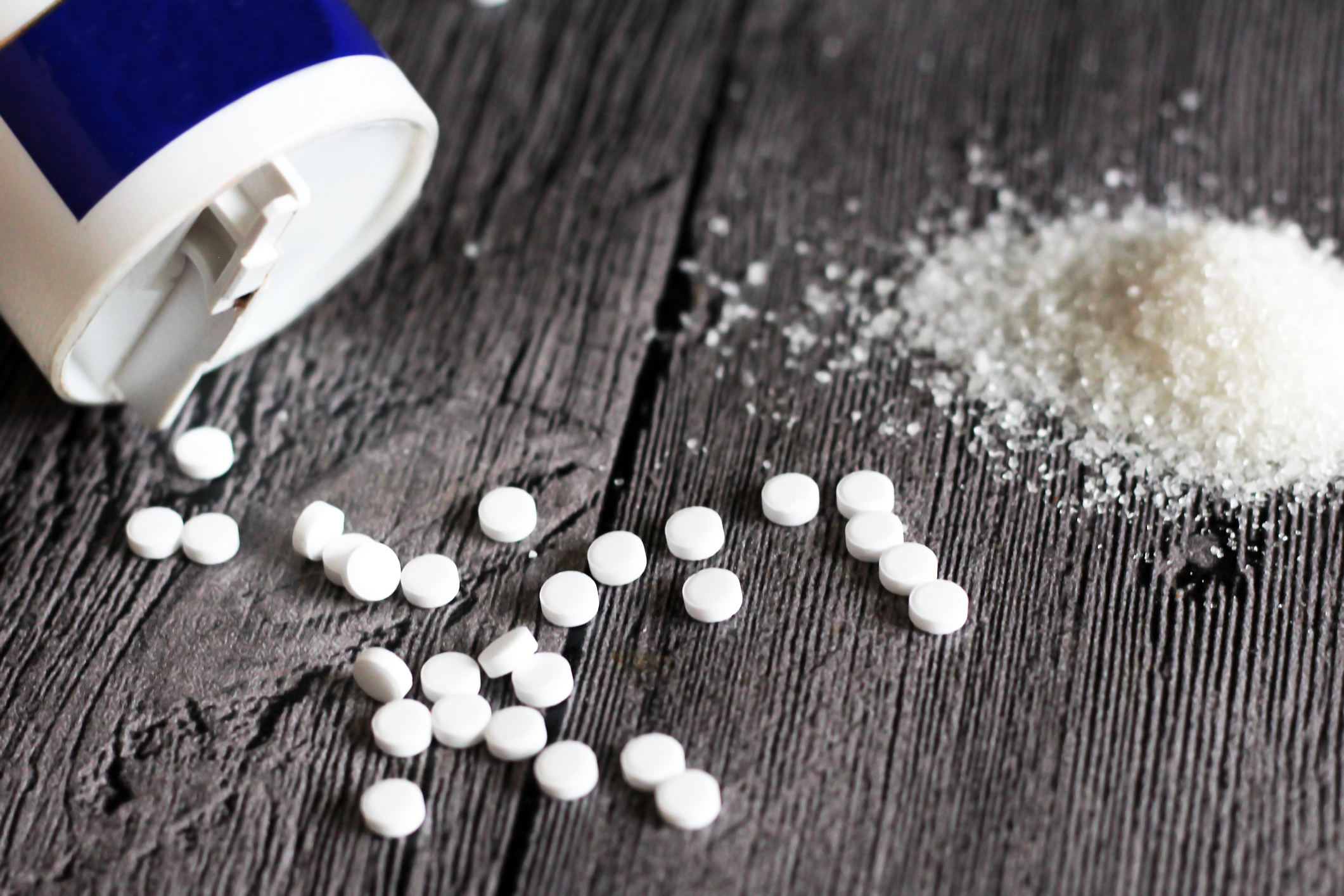Consuming too much sugar can not only lead to weight gain, added sugar can increase the risk for cardiovascular disease, colon cancer, diabetes, high blood pressure, high cholesterol, kidney disease, liver disease and cognitive problems. When the artificial sweetener aspartame was introduced in 1981 for use in sodas, gum, sugar-free condiments, and many other foods, consumers were elated. It is low in calories and doesn’t spike blood sugar levels, but since its first appearance in the 1970s, safety concerns about the product have been raised. The World Health Organization (WHO) is now prepared to issue a statement declaring that aspartame is “possibly carcinogenic to humans”.
According to a recent Vox Public Health report, the news about aspartame is the result of an updated review of data concerning the safety of the synthetic sweetener. Since its inception, scientists have raised flags about the risk for neurologic disorders and malignant tumours in multiple organs including kidneys, breasts, the brain and the nervous system. It is anticipated that the new WHO guidelines may indicate a level of aspartame that is safe to consume.
Aspartame is also sold in the European market although about half of the studies weighed by the European Food Safety Authority indicated the sweetener might cause harm. The International Agency for Research on Cancer (IARC) – a division of the WHO, plans to release the results of the updated research review on July 14, 2023, providing guidelines, and answering consumer questions about how much aspartame is safe to consume.
Health Canada states aspartame can be safely consumed by most healthy people but can pose a hazard to individuals suffering from phenylketonuria – an inherited metabolic disorder. A daily acceptable intake of 40 milligrams per kilogram of body weight per day was established by scientists as safe in Canada and by the European regulatory body. The United States Food and Drug Administration currently deems 50 milligrams per kilogram of body weight per day as safe.
Reuters reports popular products that contain aspartame include Diet Coke, Extra sugar-free chewing gums, Jello-O sugar-free gelatin dessert mix, Snapple zero sugar tea and juice drinks, Sugar Twin 2 sweetener packets, Equal Zero Calorie Sweeteners, and Trident sugar-free peppermint gums. A 12-ounce can of diet soda has about 192 milligrams of aspartame – making the occasional diet soda well below recognized guidelines. Still, it’s best to avoid sugary and artificially sweetened beverages in general and sip water as your primary drink of choice.






Add Your Voice
0 Comments
Join the Discussion